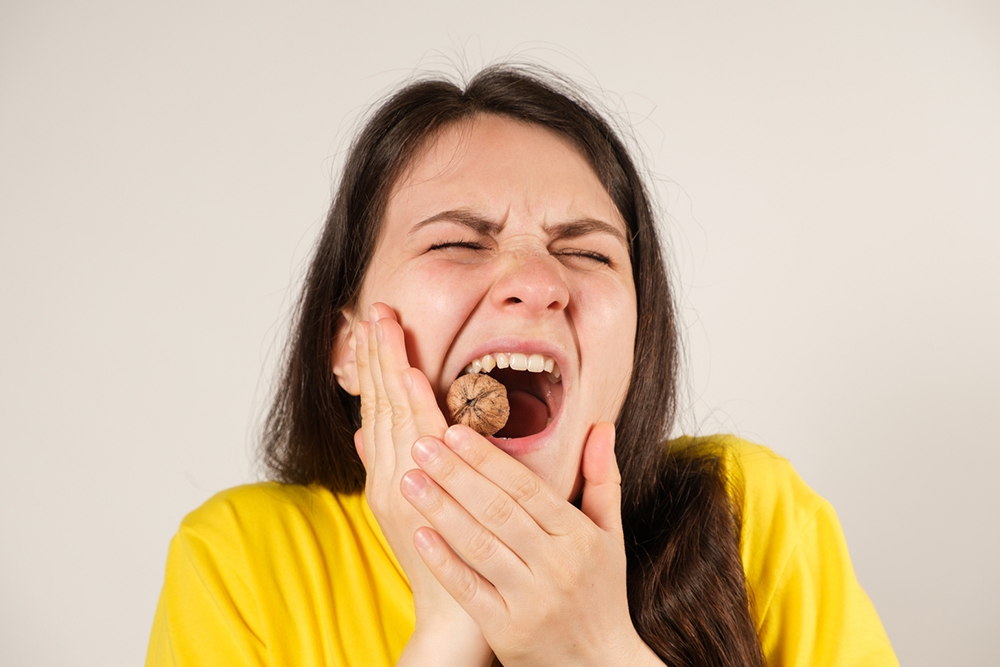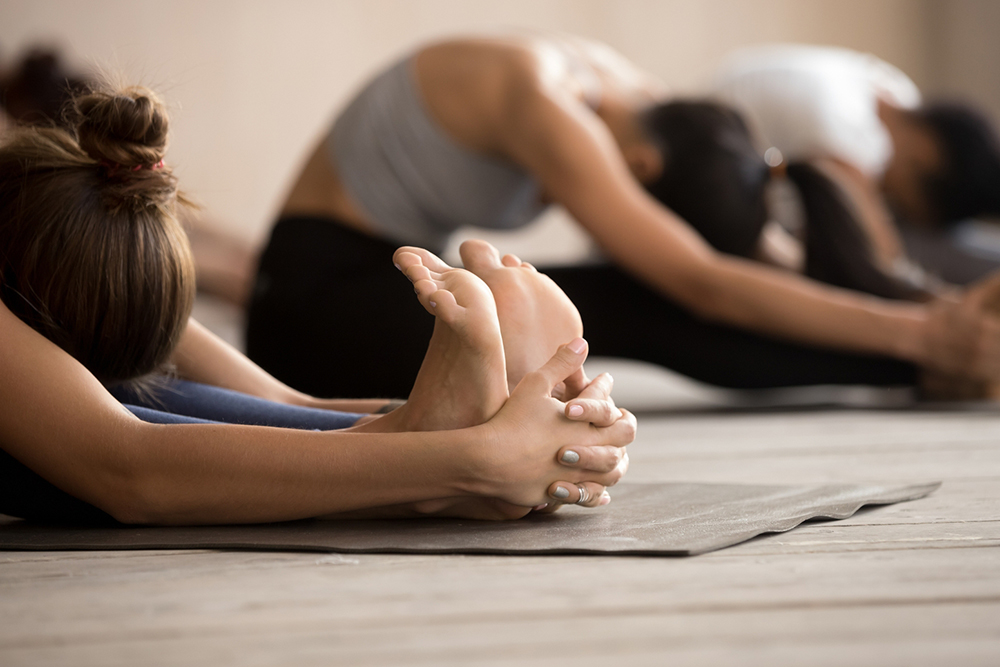Effective Approaches to Alleviating TMJ Disorders
Discover effective strategies to manage TMJ disorder, including home remedies, posture correction, and supplementary therapies. Learn how simple lifestyle changes and professional treatments can alleviate jaw pain, improve function, and enhance quality of life for those suffering from TMJ issues.

Effective Approaches to Alleviating TMJ Disorders
Daily facial activities like smiling, chewing, and talking can become uncomfortable for individuals suffering from temporomandibular joint (TMJ) problems. TMJ impacts the jaw joints and surrounding muscles, leading to symptoms such as jaw discomfort, headaches, and restricted mouth opening. Treatments vary based on severity and may include medical procedures combined with natural methods to reduce pain.
Home Remedies for TMJ Comfort Several easy-to-try remedies may help soothe TMJ discomfort naturally. Nonetheless, consulting a healthcare professional before starting any new treatment is recommended.
1. Reduce Jaw Activity Avoid excessive jaw movements during meals or speaking, which can worsen symptoms. Opt for soft foods, cut tough items into smaller pieces, and steer clear of sticky or chewy foods like gum to lessen strain.
2. Jaw Exercises and Self-Massage Specific exercises prescribed by healthcare providers can strengthen jaw muscles. For example, place your tongue on the palate, open your mouth wide while keeping the tongue in place, hold for six seconds, then repeat six times. Gentle jaw muscle massage can also relieve tension and promote healing.
3. Use Cold and Heat Therapies Cold packs can numb pain and reduce swelling for quick relief. Warm compresses help relax muscles during prolonged discomfort. Alternating cold and heat applications throughout the day can enhance comfort.
4. Posture Correction Poor posture can aggravate TMJ issues. Using ergonomic chairs, adjusting seat angles, and choosing supportive furniture during activities like reading or watching TV can help. Proper posture lessens tension on the jaw and neck muscles.
5. Rest and Sleep Hygiene Adequate rest supports tissue repair and pain alleviation. Sleeping on the back with supportive pillows and avoiding stomach sleeping prevents jaw strain. Side sleepers should avoid pressing the jaw against hands to reduce pain.
6. Eliminating Harmful Habits Habits like nail-biting, teeth clenching, or lip biting can worsen TMJ. Recognizing these behaviors and making lifestyle changes in consultation with a healthcare provider can improve symptoms.
Complementary Therapies for TMJ Relief Additional treatments like acupuncture, relaxation techniques, or biofeedback may be recommended by professionals to manage persistent TMJ pain.


